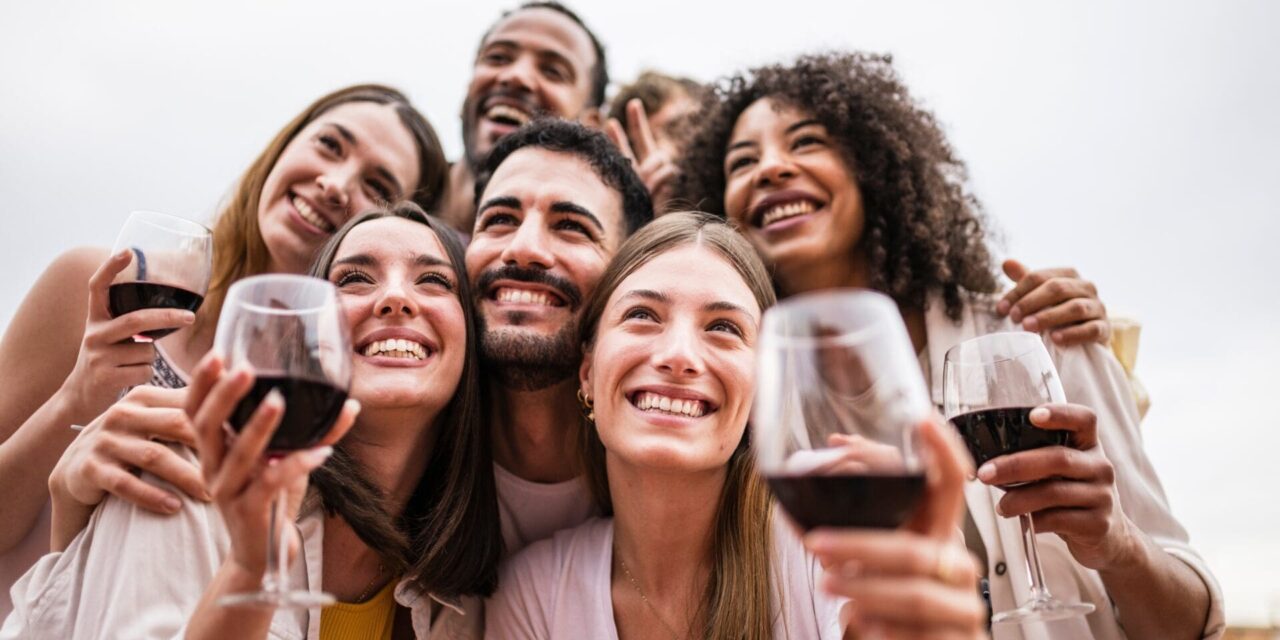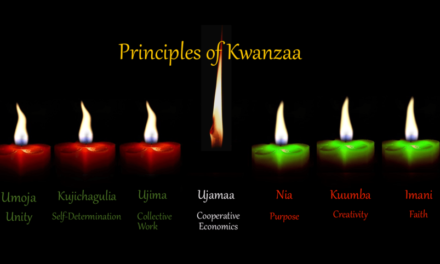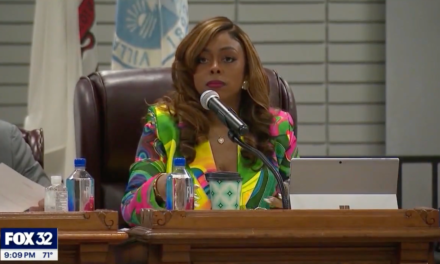
A new study targeted more than 1,500 consumers between ages 21 and 39, and included both wine and non-wine drinkers.
By Jeff Siegel
Could the future of the wine business rest with millennials as they get older? That was one of the findings — perhaps the most intriguing — of this afternoon’s Wine Market Council webinar detailing its national study, “Attracting More Young Adults and Multicultural Consumers to Wine.”
“Millennials in their 30s are drinking more wine,” said Mike Lakusta, CEO of EthniFacts, whose company helped conduct the six months of research that went into the study. “Now, that doesn’t mean they’re choosing wine versus other beverages, and we have to find a way to help them do that.”
Millennials and multi-cultural drinkers
The study targeted more than 1,500 consumers between ages 21 and 39, and included both wine and non-wine drinkers. In addition, it divided its research among four ethnic groups — Hispanic, African-American, Asian and non-Hispanic whites. It also tracked a fifth group, “other,” which included mixed race (one of the fastest growing groups in the U.S.). It also included information based on sexual identity, which Lakusta said was not usually done.
The survey, said Liz Thach, PhD, MW, the council’s president, was an attempt to meet its member’s call for quality, “statistically significant” data that would help them understand why wine’s penetration is so poor among non-white demographics and those younger than 40. The findings were incredibly complex and detailed, and more will be released over the next 12 months.
So why millennials? Because, according to the survey data, they were more comfortable with wine than those aged 21 to 29, and appreciated it more as something to drink for a weeknight dinner as well as something to drink with friends and family (aka, wine’s traditional reason for being). Having said that, said Lakusta, it’s still a challenge to help those younger than 40 see wine as something that can be more casual. Perhaps, and not surprisingly, all ages and every ethnicity saw wine as formal, fancy, and something to give as a gift.
“The question then, ‘Is how do you make wine more casual?’ ” said Lakusta. In this, he and David Aikens, the former director of multicultural marketing for Bacardi who also worked on the study, said TikTok — with its emphasis on younger audiences and having fun — is a key part of any approach. There is also a need, said Aikens, to find activities to go with wine that aren’t seen as stuffy; examples included paint and sip events, pop music events (one retailer offered a Taylor Swift Eras wine pairing) and so forth.
Wine vs. other beverages
– Advertisement –
The study also compared wine to other alcoholic beverages, placing it in perspective with beer and spirits, and found (with some discrepancies) that wine drinkers didn’t regard wine as unhealthy as they do beer and spirits and still thought it offered some health benefits. There seemed to be agreement, across all ages and ethnic groups, that “it’s easier to stay in control with wine versus many other alcoholic beverages” and little agreement that drinking wine causes cancer. Also, wine drinkers who also used legal cannabis didn’t seem to drink any less wine.
Among the other findings:
• Sustainability, as well as wine from small and family producers, mattered a lot to all groups and all ages, as almost all said it was one an important reason for making a purchase.
• One way to reach younger and non-white audiences may be through different packaging and different sized bottles. Both Hispanics and blacks showed a higher tendency to buy wine in cans and boxes.
• The key price range is $10 to $20 per bottle for wine drinkers, and brand seems to be more important in choosing wine than price. This was especially true for Black and Asian shoppers.
• Retail stores and wine lists are sources of great confusion for almost everyone, both wine drinker and non-wine drinker, and for all ethnic groups. Asians were especially bothered, agreeing that they felt confused and overwhelmed with retailers, while almost everyone wanted more information and more variety on restaurant wine lists.
__________________________________________________________________________________________________

Jeff Siegel
Jeff Siegel is an award-winning wine writer, as well as the co-founder and former president of Drink Local Wine, the first locavore wine movement. He has taught wine, beer, spirits, and beverage management at El Centro College and the Cordon Bleu in Dallas. He has written seven books, including “The Wine Curmudgeon’s Guide to Cheap Wine.”




